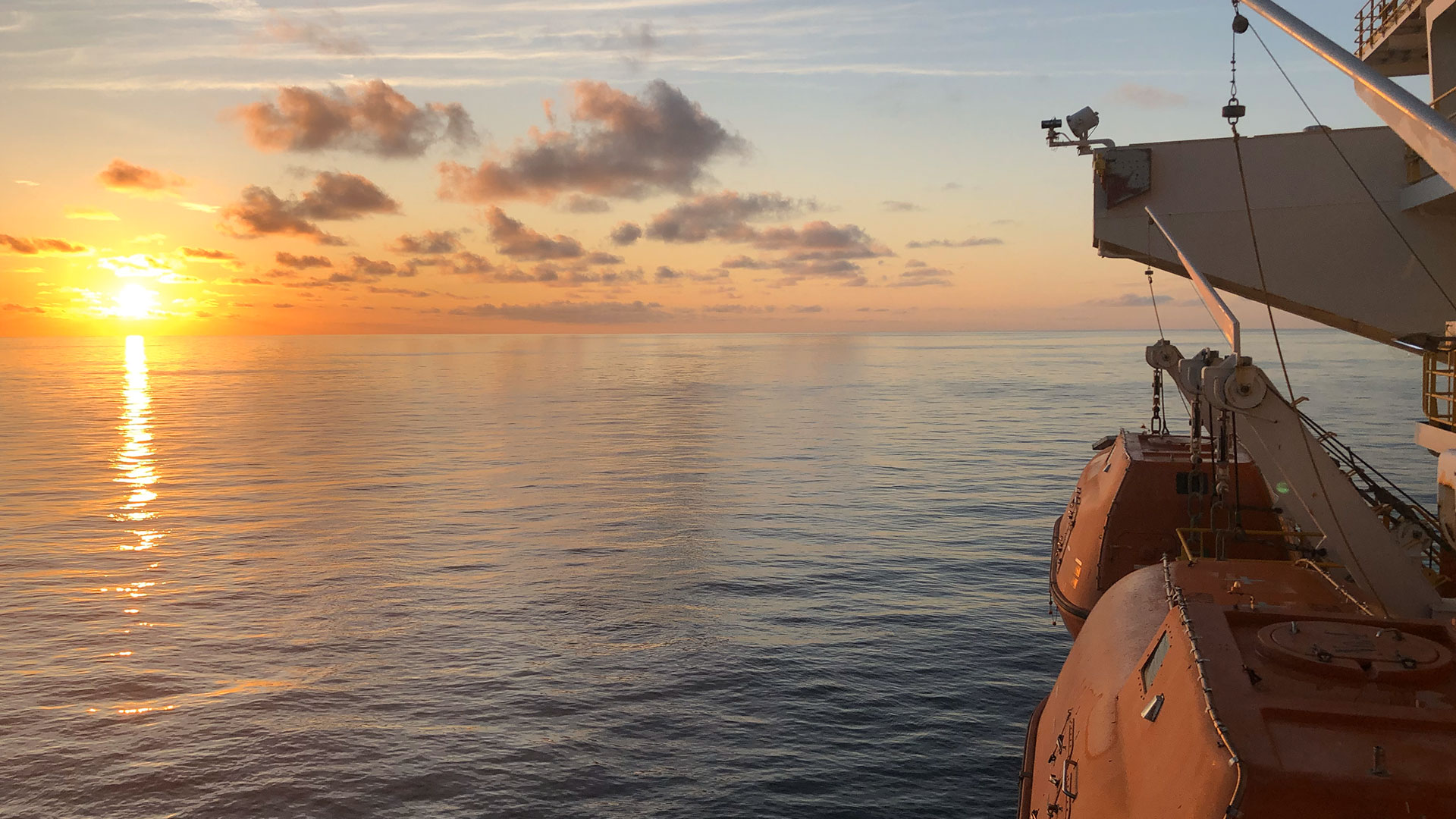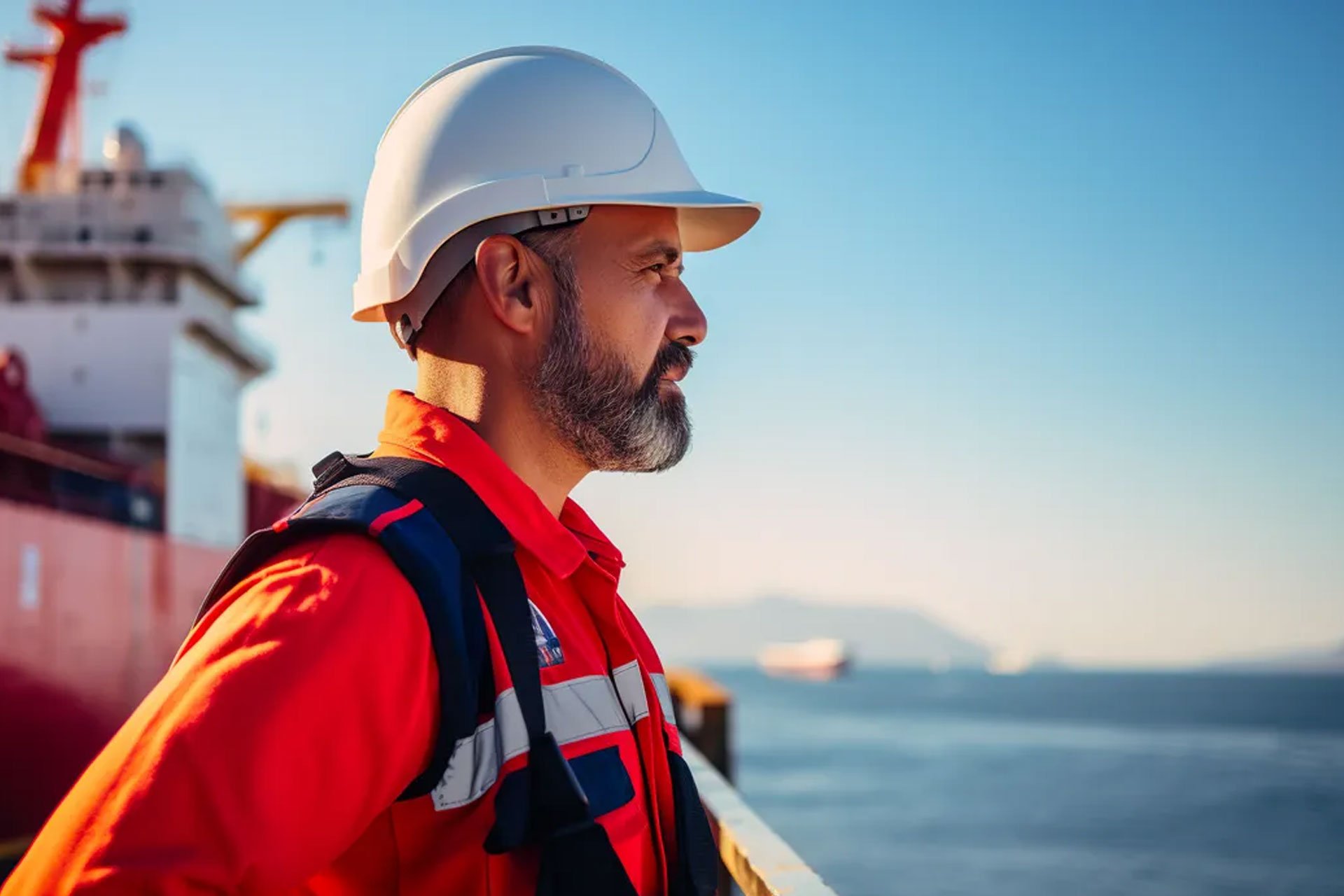
Marine Assurance for Confident and Safe Voyages
At Baker Marine Solutions, safeguarding the integrity and readiness of assets in marine environments isn't just a task—it's our mandate. Dive into our robust marine assurance process, meticulously tailored to encapsulate every facet of your project's unique demands.
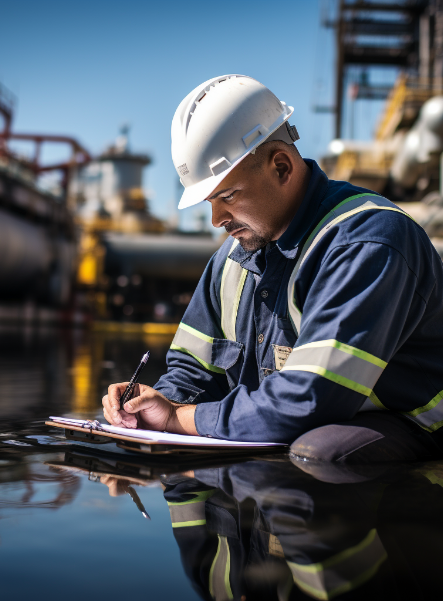
OCIMF-OVID Inspections
The Offshore Vessel Inspection Database (OVID) is a program managed by the Oil Companies International Marine Forum (OCIMF). This system mandates surveyors to undergo a rigorous vetting and training procedure, followed by the execution of at least four surveys annually. The certification obtained through this process remains valid for a three-year period, after which it must be revalidated through another round of training.
Rise above with our unrivaled OCIMF-OVID inspections. By adhering to industry benchmarks, we don't just evaluate—we set the gold standard, ensuring your marine assets operate at peak performance and safety.
IMCA Standard Audits
In a world of complex marine operations, IMCA standard audits signify operational excellence. With Baker Marine Solutions, you're assured of evaluations that meet the highest standards, guiding vessels to peak performance and safety.
While IMCA doesn't assign a ranking to the findings, they provide guidelines that allow surveyors to categorize findings independently of the official report. We also cater to small vessels with our specialized small vessel eCMID, designed explicitly for ships less than 500grt.
Trust in your equipment while navigating the depths. Baker Marine Solutions (BMS) conducts R006 audits that focus on Remote Operated Vehicles (ROVs) and their associated systems. This includes Launching and Recovery Systems (LARS), which are integral to the assurance process. ROVs are considered mission-critical equipment, and BMS ensures they meet the required standards for project implementation.
Related to Autonomous Underwater Vessels (AUVs), another type of mission-critical equipment. BMS conducts these audits to ensure these autonomous systems can perform their designed tasks effectively and safely, upholding the high standards of marine assurance.
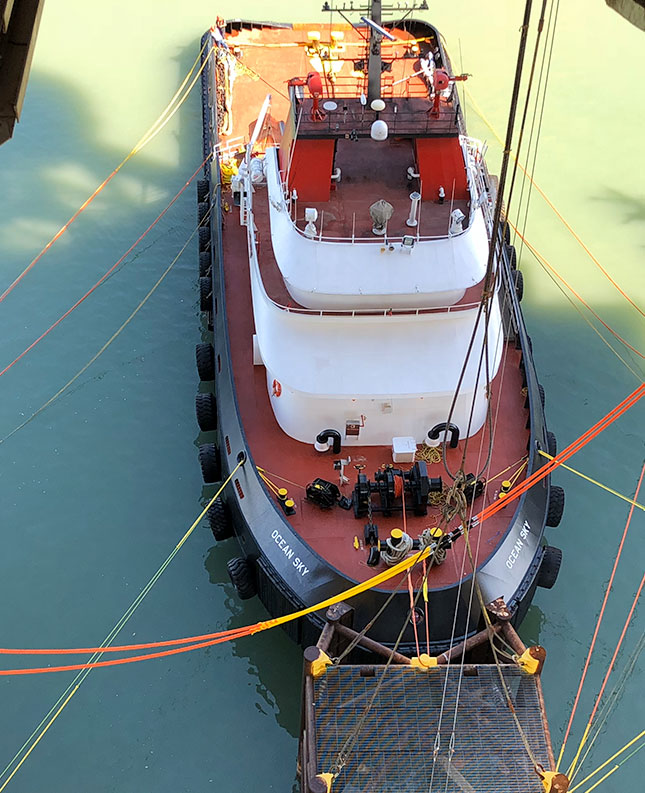
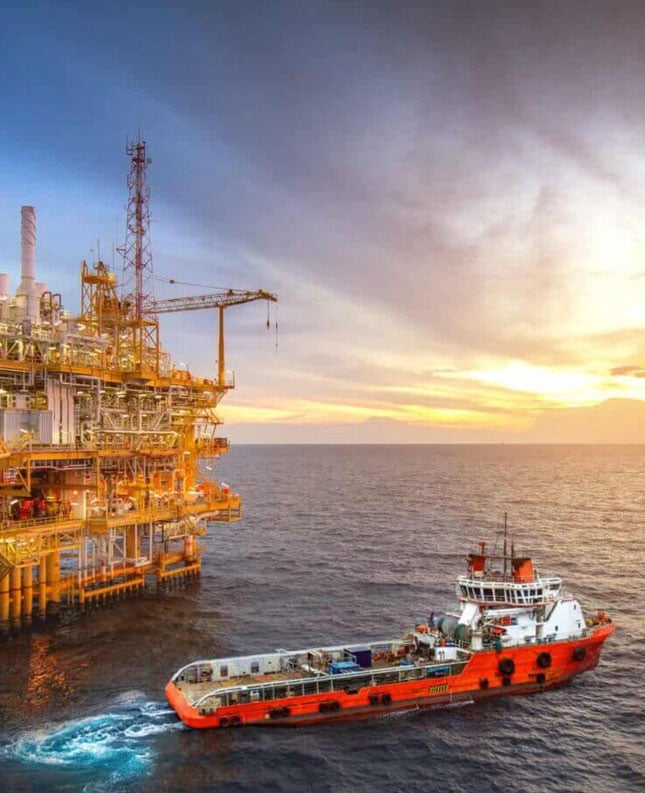
Vessel Surveys
Vessels are the lifeline of all marine operations, but how well do you know yours? At Baker Marine Solutions, our vessel surveys provide in-depth knowledge and assurance so that every venture is covered with confidence.
We conduct on/off hire surveys to document the vessel's condition at the start or end of a lease period. This process includes assessing structural integrity, mechanical systems, and any damages incurred during the hire period. Transition seamlessly. Whether initiating or concluding vessel leases, we've got you covered.
Mission Critical Equipment Surveys (MCES)
Tackling the ocean's challenges demands tools that are up to the task. Our thorough evaluations sees that your mission-critical equipment is not just operational, but excels in the face of demanding projects.
Lifting expectations alongside loads, cranes are built to bear the brunt of marine demands.
We evaluate the condition of cranes, assessing their operational state and structural integrity. Additionally, we review personnel competency to ensure safe and efficient operation.
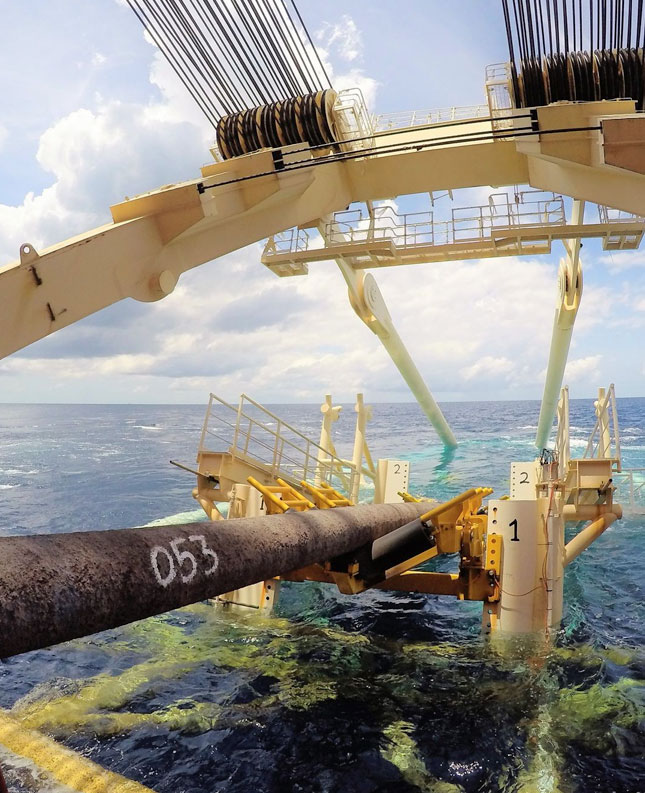
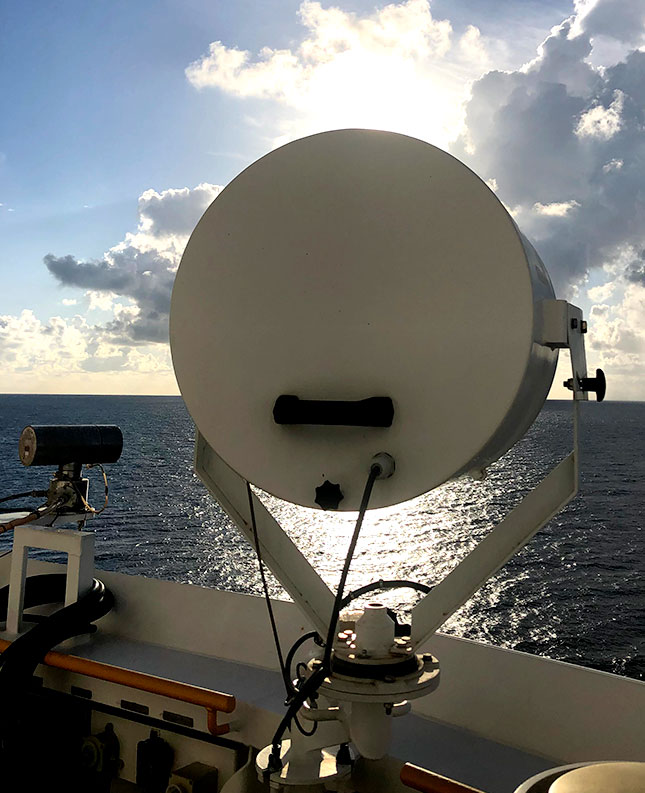
Dynamic Positioning Assurance
The DP assurance process adheres to a five-year cycle as specified by the International Maritime Organization in MSC.645, later replaced by MSC.1580. This cycle is fundamental for maintaining the Class DP notation.
The Failure Modes and Effects Analysis (FMEA) is a crucial part of the DP assurance process for DP Class 2 and 3 vessels. It's necessary to have an FMEA in place at the beginning of the five-year cycle. In the fifth year, the FMEA is reassessed for accuracy.
DP Proving Trials are conducted in the first year of the DP assurance cycle for DP Class 2 and 3 vessels. These trials help ensure that the vessel's DP system can perform as intended and meet the required standards.
Following the first-year proving trials, annual DP trials are conducted each subsequent year until the fifth year. These trials help maintain the performance and reliability of the DP system throughout the five-year cycle.
For project-specific marine assurance requirements, a Gap Analysis of documents against industry standards and best practices can be performed. This analysis identifies any potential gaps or shortcomings in the existing processes or systems.
After the Gap Analysis, any identified gaps need to be addressed and rectified. Gap Closing Trials involve additional testing and modifications to close these gaps and ensure compliance with the industry standards and best practices.
Comprehensive desktop studies form part of the project-specific marine assurance requirements. These studies involve a thorough review of all relevant documents and data to verify the vessel's compliance with the required standards.
Comprehensive and precise documentation for clarity and future reference.
Apart from the FMEA and trial results, other Dynamic Positioning (DP) documentation, such as the DP Operations Manual, should be onboard as part of the International Maritime Organization standard. This documentation provides essential information about the operation and maintenance of the DP system.
